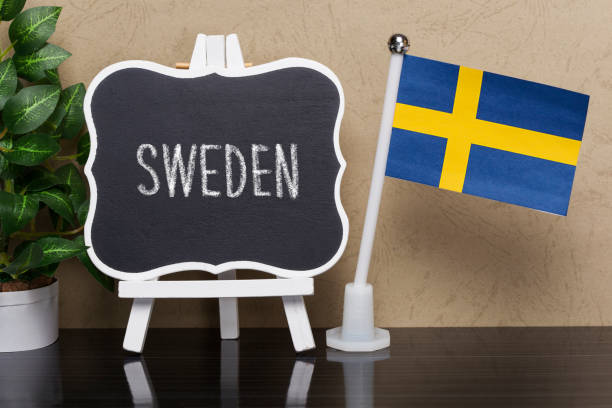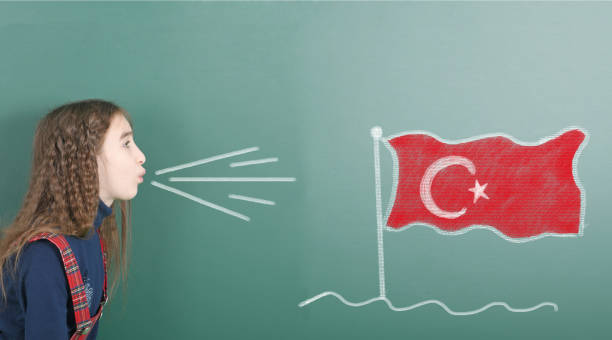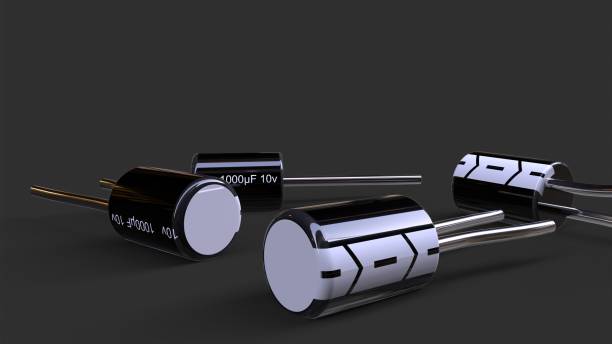Översägt vs. Översatt: Understanding Common Translation Errors in Swedish
Language learners and translation software often stumble when faced with similar-looking words. In Swedish, two such words that are frequently confused are “översägt” and “översatt.” While both seem to relate to the act of translating, only one of them is actually correct. This article explores the distinction and highlights why such errors persist.
What Does “Översatt” Mean?
“Översatt” is the correct past participle form of the Swedish verb “översätta,” which means “to translate.” When someone says, “Boken är översatt till engelska,” they mean, “The book has been translated into English.” It’s a commonly used word in both written and spoken Swedish.
The Problem with “Översägt”
“Översägt” is not a real word in Swedish. It appears to be a blend of the correct verb “översätta” and the past tense construction of verbs like “säga” (to say), which has the past participle “sagt.” This kind of error likely stems from:
- Pattern confusion among verbs
- Auto-correct or predictive typing errors
- Non-native speakers applying logic from other languages
Why Do Translation Tools Get It Wrong?
Many machine translation engines and online dictionaries have difficulty detecting or correcting “översägt.” That’s because:
- It mimics Swedish morphology closely
- It may exist in user-submitted databases
- Typo databases sometimes treat it as a valid variant
The Real-World Impact
Using incorrect words like “översägt” can:
- Undermine a translator’s credibility
- Confuse readers or listeners
- Lead to miscommunications in legal, academic, or technical contexts
Tips for Avoiding the Mistake
- Double-check verb conjugations with trusted language sources.
- Use Swedish spell-checkers and grammar tools.
- Consult native speakers when in doubt.
Conclusion
While “översägt” may look and sound like a plausible Swedish word, it’s actually a linguistic mirage. Understanding the difference between “översatt” and its mistaken twin is essential for both learners and professionals alike.














Post Comment